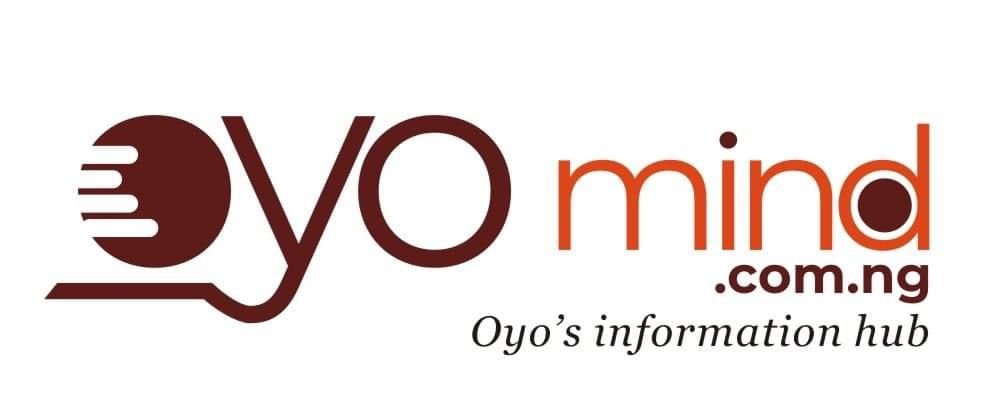Famous Nigerian digital marketer and influencer, Adeniji Amos Oluwagbenga, says banning or stifling the right of Nigerians to expression on e-platform will do nothing but undermine democracy.
In a statement to mark this year’s June 12 day, Amos, who controls @9jaconnect, explained that false information will always exist in the media space in Nigeria, and other parts of the world, it does not provide enough justification because several counter measures like factchecking can be implemented to curb it.
Beyond this, he also maintained that social media helps to improve the level of political participation among Nigerians, which is significantly below expectation.
His statement, titled: Digital Democracy in Nigeria, read:
In an era when work, discourse, and play are increasingly experienced via the Internet, it is fitting that politics have surged online as well in a recent phenomenon known as digital democracy.
e-democracy engages citizens in government and civic action through online tools. This new form of democracy began as an effort to include larger numbers of citizens in the democratic process.
Recent evidence seems to confirm a rising popular belief that the Internet is the most effective modern way to engage individuals in politics.
Even more important, the recent election cycles show that politicians/candidates themselves can use the Internet to great effect.
Coming back to Nigeria as a case study, Politicians, Candidates and Elected/Appointed Government officials begin to see Digital Democracy as a bad thing when they finally get to the office. and the question is WHY?
This brings us to where we need to critically look at what the problem is (the POLITICIANS or THE CITIZENS)
In Brazil (2014) we saw Twitter being used in innovative ways to bring the democratic process to life. Take #PretoNoBranco (#FactChecking) – a team of journalists assigned to verify what candidates were saying. They reported back in tweets just a few minutes after a speech or even during a debate, and it was common to see the candidates engaging with the tweets in real time – an incredibly powerful way to use digital media to hold power to account.
The challenge that should be for the politicians and people in government is for all of us is to ask how we can bring that sense of excitement and debate to NIGERIA politics in 2023.
How will political parties transform their party political broadcast into a sixty second Vine? How can we all use the power of digital media to move people and fill the polling stations in 2023? How can Instagram, Facebook, Twitter and other platforms make the voices of Nigerians? These and many more are what should be looked into and not how to scrap a platform due to some minor emotional challenges.
The Internet has dramatically changed citizens’ involvement in the political process by giving them greater access to issues and candidates.
Fact remains that false Information will continue to erupt on social media (that is why reporting of accounts and unverified/false messages are allowed for) and thiis happens all over the world. This is definitely why elites and intellectuals needed to be involved in promotions as a Nigerian Politician.
If we are planning on sustaining the DEMOCRACY which we think we have as NIGERIANS, we can not continue scraping platforms, (means of E-DEMOCRACY, that gives voice to every citizens who wanted to use it), we just need to work on making it better.






















